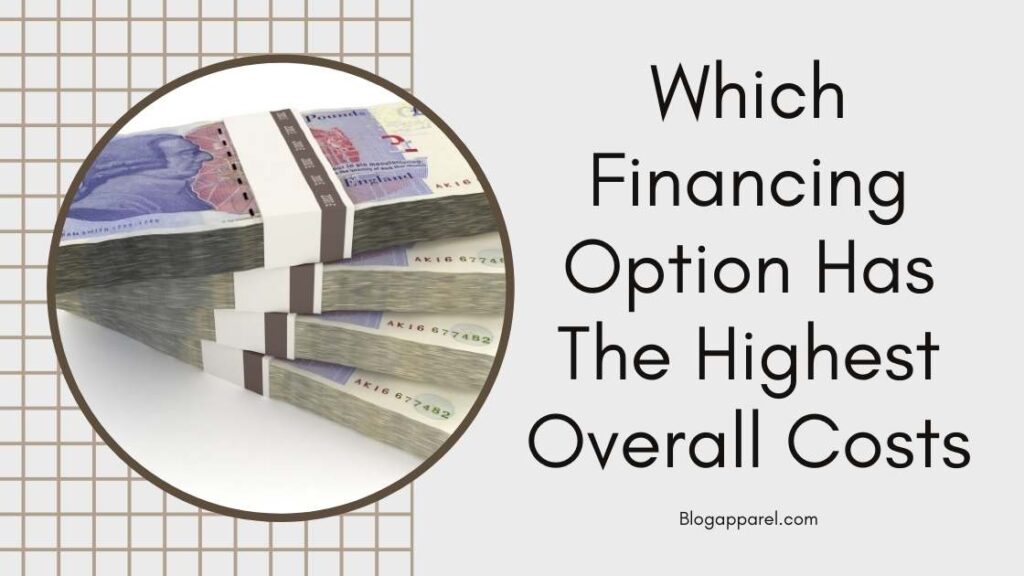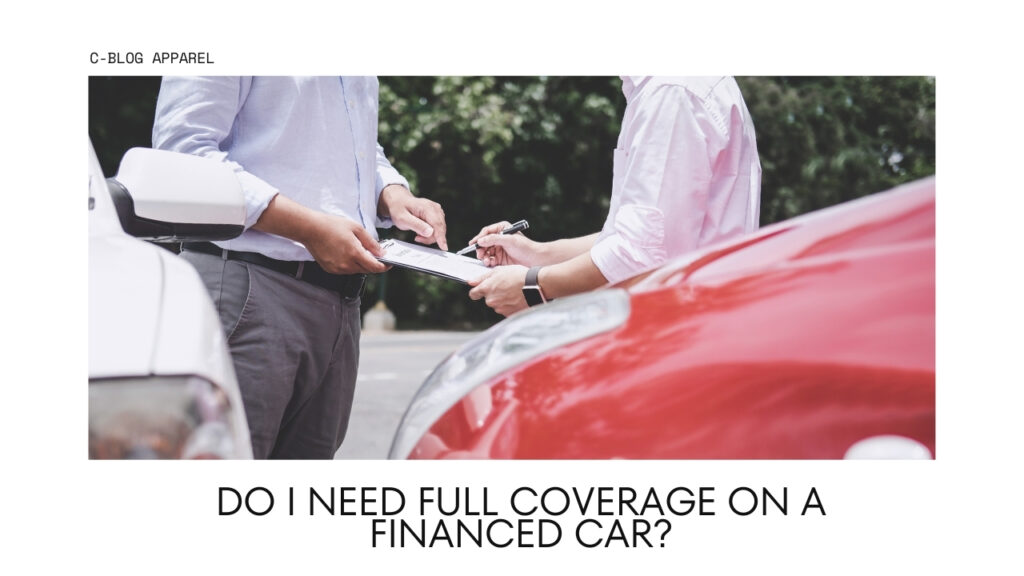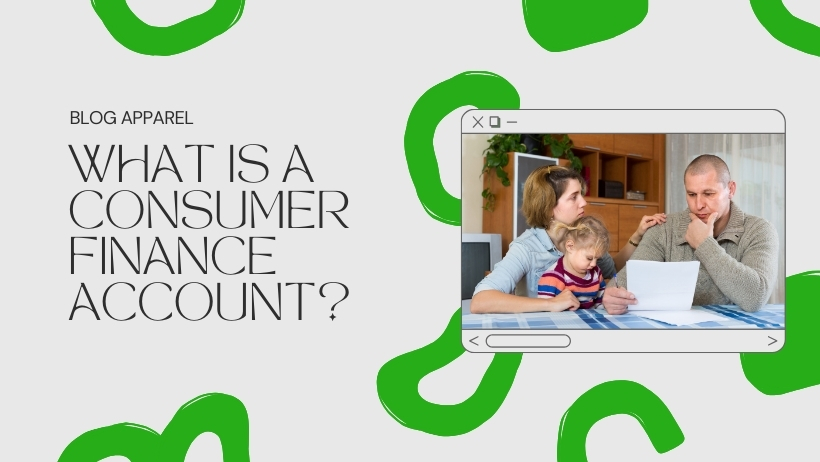Due to lender restrictions, paying an auto loan with a credit card is generally not directly possible. However, some workarounds include using a cash advance or a third-party payment service, though these methods may incur high fees and interest rates.
Can I make a car payment with a credit card?
Using a credit card to make a car payment is often restricted directly by auto loan lenders due to processing fees and the risk of accruing high-interest debt. However, there are indirect methods available.
Methods for Using a Credit Card:
| Cash Advance: | Withdrawing cash from your credit card to pay your loan. Be cautious of high fees and interest rates. |
| Third-Party Payment Services: | Some services allow you to pay your loan with a credit card for a fee. Verify the service’s reliability and fees involved. |
Considerations:
| Interest Rates: | Interest rates on credit cards can significantly exceed those of auto loans, leading to higher overall costs. |
| Credit Score Impact: | High credit card balances can negatively affect your credit score. |
It’s crucial to weigh the costs and benefits of these methods against paying directly from a bank account, which may be more financially prudent in the long run.
Should I pay a car loan with a credit card?
Paying a car loan with a credit card presents a complex decision with several financial implications to consider before proceeding.
Financial Considerations:
- High-Interest Rates: Credit cards typically have higher interest rates than car loans, potentially increasing the cost of borrowing.
- Credit Utilization Impact: Using a credit card to pay a large sum, such as a car payment, can increase your credit utilization ratio, negatively affecting your credit score.
Possible Benefits:
- Rewards and Points: If your credit card offers rewards, using it for significant payments like car loans might accumulate valuable points or cashback, provided you can pay off the balance immediately.
Alternatives:
- Direct Bank Payments: Paying directly from a bank account may avoid the pitfalls of high interest and credit score impact, offering a more financially stable option.
Before deciding to pay a car loan with a credit card, carefully evaluate the financial implications, including interest rates and the impact on your credit score.
Paying off a car loan with a credit card: Pros & Cons

Utilizing a credit card to pay off a car loan is a strategy with advantages and disadvantages, which are crucial for borrowers to consider.
| Pros: | Cons: |
| Simplicity | Higher Interest Rates |
| Rewards Accumulation | Credit Score Impact |
| Cash Flow Management | Potential for Increased Debt |
Pros:
- Simplicity: Paying off your car loan with a credit card can immediately eliminate your auto loan debt, simplifying your financial obligations.
- Rewards Accumulation: If executed wisely, this method can earn you substantial rewards, points, or cashback from your credit card provider, provided the balance is paid off before accruing high interest.
- Cash Flow Management: This approach can temporarily improve cash flow by transitioning a fixed loan payment into a flexible credit card payment, giving you more control over your monthly expenditures.
Cons:
- Higher Interest Rates: Credit cards often have higher interest rates than auto loans. If the balance isn’t paid promptly, the interest can quickly negate any benefits from rewards or cashback, leading to a higher overall cost.
- Credit Score Impact: Utilizing a significant portion of your credit limit to pay off a car loan can increase your credit utilization ratio, potentially lowering your credit score. A high balance that remains unpaid can further exacerbate this issue.
- Potential for Increased Debt: Without a clear plan to pay down the credit card balance quickly, there’s a risk of falling into a cycle of debt, particularly if you continue accumulating additional charges on the card.
Which credit cards can be used to make car payments?
Certain credit cards stand out due to their direct affiliations with automotive brands in the landscape of financial tools available for managing and potentially paying off car payments. These cards not only facilitate making car payments but also offer rewards and benefits tailored to automobile owners.
My GM Rewards® MasterCard®
The My GM Rewards® MasterCard® is a prime example of a credit card that caters to car owners, particularly those loyal to General Motors brands. This card allows users to accumulate rewards on everyday purchases, which can then be applied towards car payments, maintenance, or even purchasing a new GM vehicle. Integrating automotive-related rewards with general spending makes it an attractive option for GM enthusiasts looking to maximize their benefits.
Toyota Rewards Visa® Credit Card
Similarly, the Toyota Rewards Visa® Credit Card allows Toyota vehicle owners to connect their spending habits directly with their automotive expenses. Reward points earned on everyday purchases can be redeemed for service costs, parts, and accessories at Toyota dealerships or even towards the down payment of a new Toyota. This card blends the convenience of a Visa credit card with the benefit of rewarding Toyota loyalty, making it a strategic choice for those committed to the brand.
4 Alternatives to using a credit card to buy a car

While purchasing a car with a credit card may seem convenient, it often has high-interest rates and potential impacts on your credit score. Several alternatives may offer more financial benefits and flexibility.
| Savings | Utilizing savings to purchase a car outright is the most cost-effective method. It eliminates the need for loans or financing, saving you from paying interest. This approach requires discipline and patience to accumulate the necessary funds but ensures you own your vehicle free and clear from the start. |
| Trade-in Your Current Vehicle | Trading in your current vehicle can significantly reduce the price of a new purchase. Dealerships often offer trade-in deals that can serve as a substantial down payment on a new car, making this a practical option to lower your financial burden and update your vehicle simultaneously. |
| Take a Personal Loan | Personal loans can offer lower interest rates compared to credit cards, especially if you have a good credit score. They provide the flexibility to cover the car’s cost and potentially offer longer repayment terms, spreading out the financial impact over time. |
| Refinance Into Another Car Loan | For those already with an auto loan, refinancing can adjust your current loan’s terms to better suit your financial situation. Whether it’s securing a lower interest rate or adjusting the loan period, refinancing can offer a pathway to more manageable payments or faster loan repayment. |
Each of these alternatives offers unique benefits and considerations, so it’s essential to evaluate your financial situation and goals before deciding on the best method to finance your car purchase.
FAQs
Is It Smart to Pay Car Notes with a Credit Card?
Paying a car note with a credit card is not typically advised due to potentially high-interest rates on credit balances. Earning rewards or points can be tempting, but the interest could surpass any benefits received if you can pay off the credit card balance immediately. This strategy concerning your ability to manage your credit card debt should be carefully considered.
Can you balance the transfer of the car loan to a credit card?
Yes, some credit cards offer promotional balance transfer deals with low or no interest for a set period, which can include transferring a car loan balance. However, this is contingent on the credit card’s terms and your credit limit. Before proceeding, it’s important to ensure the transfer fees and post-promotional interest rates don’t negate the savings.
Can I pay for my car insurance with a credit card?
Yes, most car insurance companies accept credit card payments for premiums. This is a convenient way to manage costs and earn rewards. However, ensure this fits your budget to avoid accruing unnecessary credit card debt.
Can I pay for my Toyota Car with a credit card?
All financing options may not allow paying a Toyota car payment directly with a credit card. However, Toyota Financial Services may offer alternative payment methods that indirectly allow credit card use, such as through third-party payment processors, albeit potentially with additional fees.
Why Can’t I Pay My Car Loan with a Credit Card?
Directly paying a car loan with a credit card is often restricted by lenders due to processing fees and the risk of high-interest debt accumulation. Lenders prefer direct bank payments to ensure stability and avoid the complications that can arise from the revolving debt structure of credit cards.
Can I Directly Pay My Auto Loan with a Credit Card?
Generally, auto lenders do not allow direct payment of auto loans with a credit card due to processing fees and the higher risk associated with credit card debt. However, some lenders may offer indirect methods through third-party payment services, which might incur additional costs.
What Are the Risks of Paying an Auto Loan with a Credit Card?
The primary risks include high interest rates on credit cards that can significantly increase the loan cost if the balance is not paid in full monthly. Additionally, this method can lead to higher credit utilization, potentially negatively affecting your credit score.
Are There Any Benefits to Paying an Auto Loan with a Credit Card?
Paying an auto loan with a credit card can offer benefits such as convenience, earning rewards, points, or cash back on your credit card, and managing cash flow if you can pay off the card balance before accruing interest. However, these benefits must be carefully weighed against the potential risks and costs.










